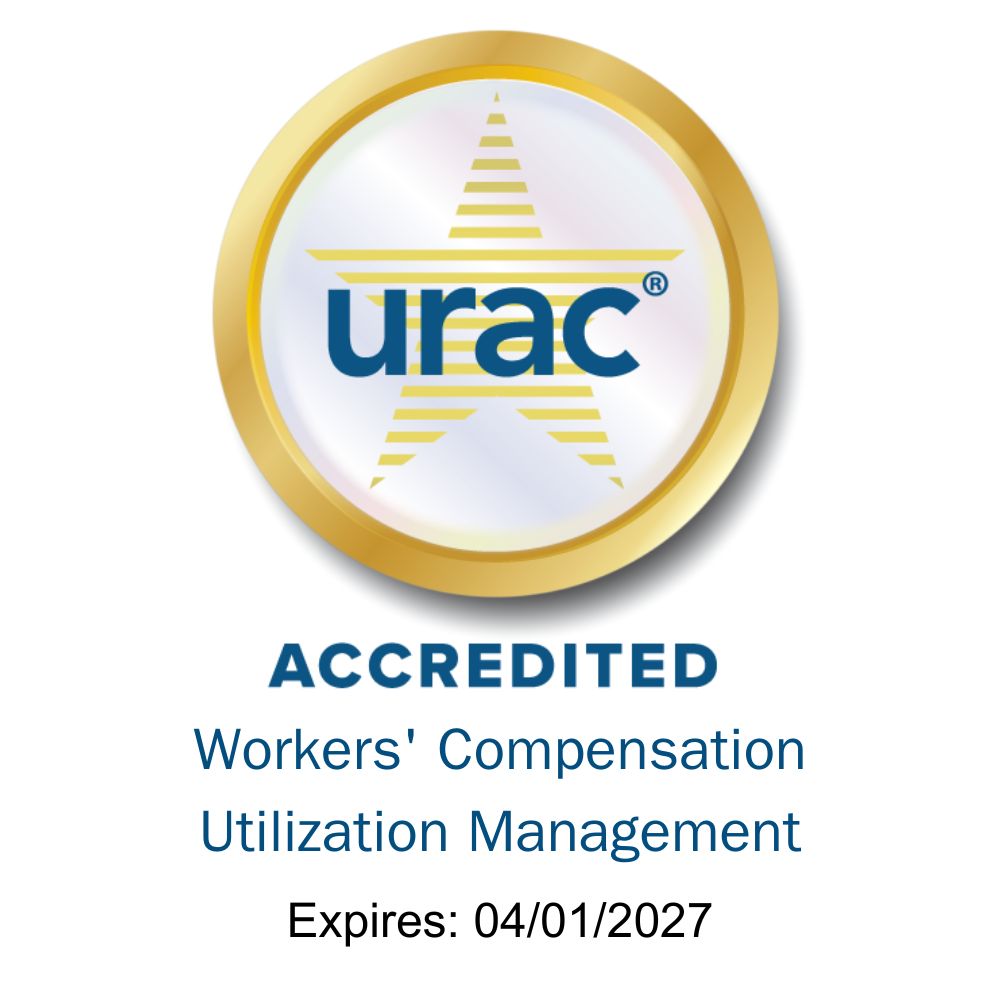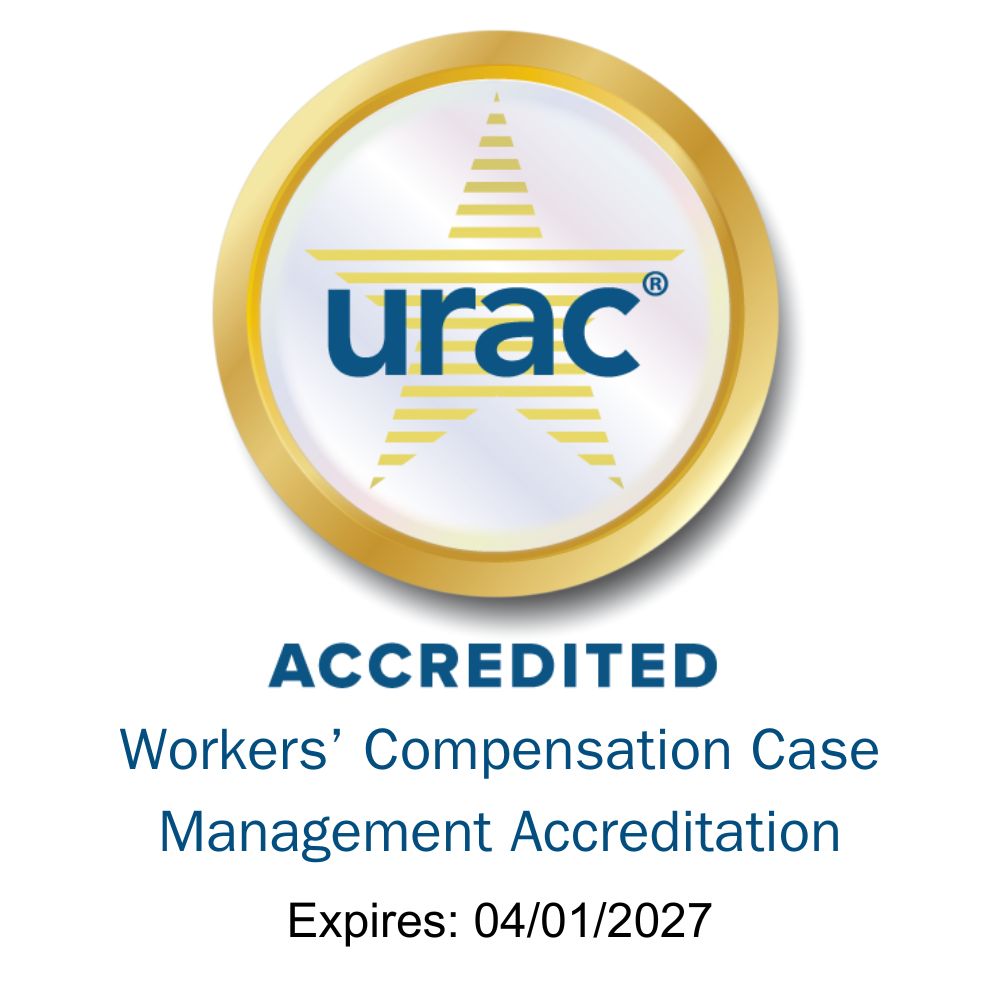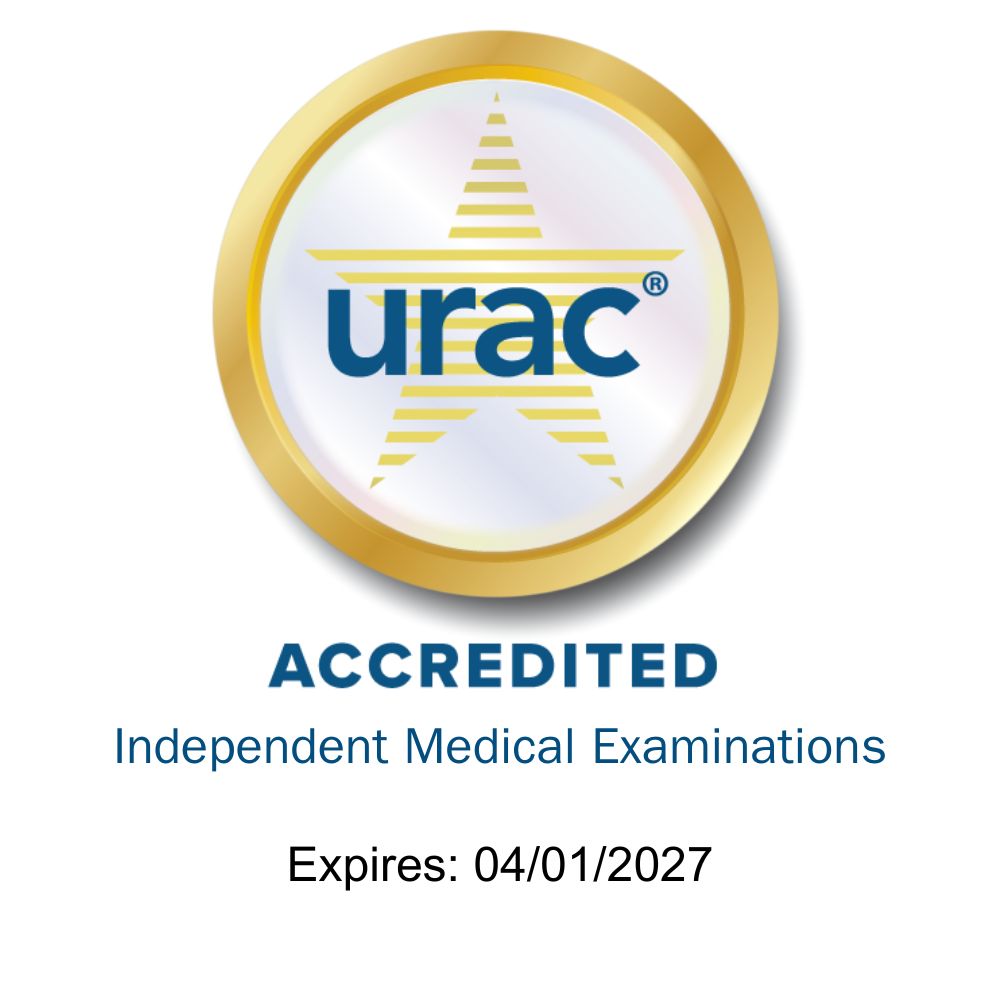Let’s say goodbye to the term ancillary when it comes to caregiving in workers’ compensation. Ancillary, as the name implies, leads people to think of such services as miscellaneous and extra, a secondary need. But for workers struggling to recover from an injury, these services are more properly thought of as essential, not just nice-to-haves.
After all, diagnostic imaging, physical medicine, durable medical equipment (DME), home health, among others, are often foundational to workers’ recoveries. These offerings are such an added benefit for managing a workers’ comp claim in a way that’s best for workers and for containing expenses, that these efforts are better regarded as specialty.
To underscore the importance of specialty care, we’re announcing the marriage of DMEplus and Priority Care Solutions. We bring you Apricus, which in Latin means “sunny” and “warmed by the sun.” A feeling of warmth is exactly what we want injured workers to experience when they receive the appropriate specialty services.
Specialty Networks add up to an all-inclusive experience for the injured worker. That’s why the birth of Apricus is so exciting. It’s not just a new name, it’s a whole new perspective on Specialty Networks.
What is that perspective? It's the daily recognition that specialty services, when applicable, play a critical role in workers’ recoveries. These services can’t be thought of as secondary or even as comprising the spare change of workers' comp costs. Indeed, spending in specialty areas including physical medicine, home health and DME comprises about 20 percent of workers’ comp medical costs. Coming in around $7.5 billion a year in the last decade, specialty spending, by some estimates, surpasses that of pharmacy, which ranged from $2.9 billion and $3.5 billion in recent years.
This already sizable outlay comes as we could be poised for an increase in the types of injuries that specialty services are perhaps best equipped to treat. One of the innumerable ramifications of the pandemic is that chiropractors report the pandemic is fanning musculoskeletal issues and repetitive strain injuries. People aren't working in offices as much and are relying on ad-hoc setups at home that might not be as sound from an ergonomics standpoint as they likely would be in an office.
Using kitchen counters and couches as impromptu desks and deploying kitchen chairs and stools for extended periods has contributed to pains and aches that workers wouldn’t normally experience when working at a proper workstation. What’s more, operating in a high-stress environment can exacerbate the likelihood of strains and overall injuries.
This aspect of the pandemic fallout underscores that specialty services are anything but miscellaneous. In fact, they’re also notably hands-on. With personalized scheduling, making sure people are getting equipment and supplies, and home modifications, among other efforts, there are many ways to help the injured worker. In this regard, there’s a strong human aspect to the specialty networks world that allows for person-to-person care. It’s not always expensive, yet these interventions can make all the difference to injured workers.
Specialty services can make people feel cared for—to have everything they need provided for them so they can make progress in recovering. It can be something as simple as a box of gauze to something as complicated as modifying a home to accommodate a complex injury. It all makes a difference.
Whatever the specialty networks need, Apricus is here to help light the path to recovery.






